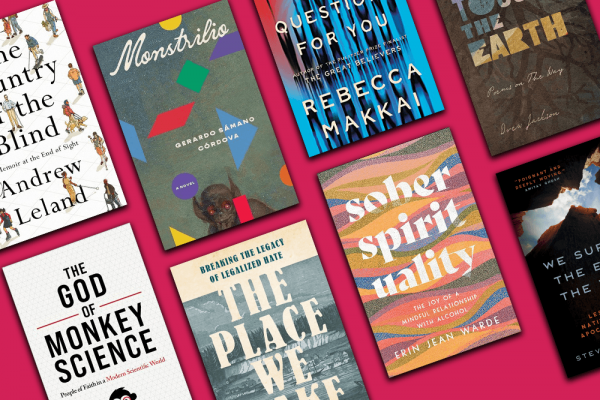Dec 8, 2023
Each book, whether subtly or overtly, shows readers how to build community in the face of both real and existential danger.
Read the Full Article

Already a subscriber? Login

Each book, whether subtly or overtly, shows readers how to build community in the face of both real and existential danger.
